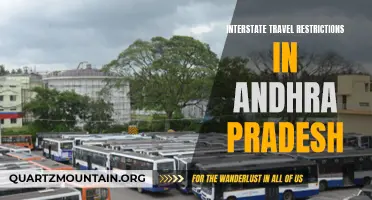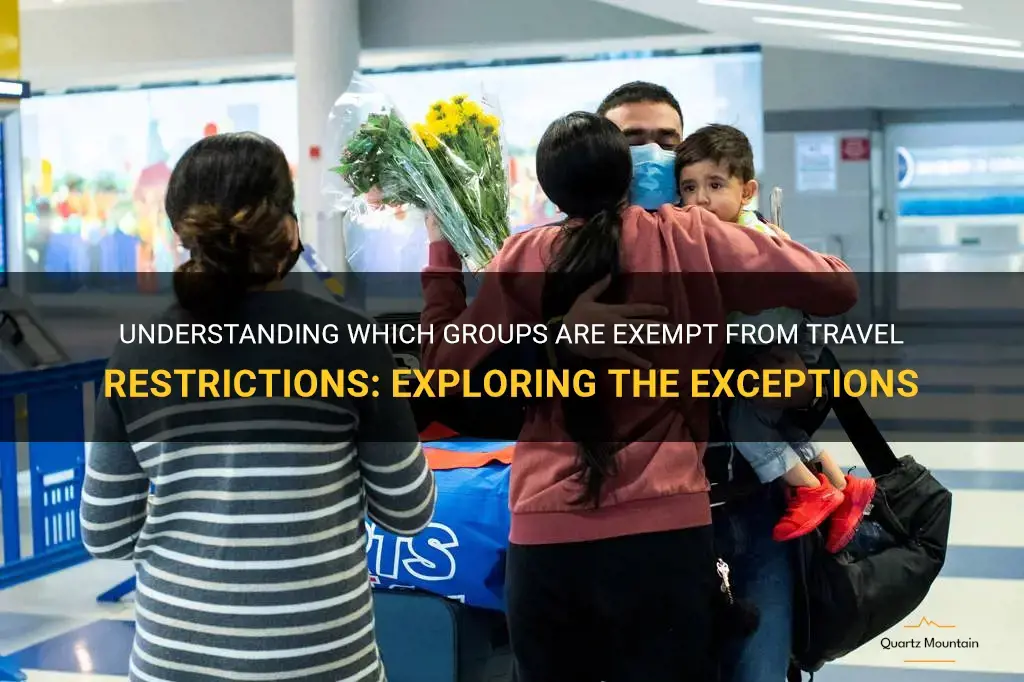
Exempt from travel restrictions is a term that refers to individuals who are not subject to the usual limitations and restrictions placed on travel. While most people may need to obtain visas, undergo extensive vetting processes, or face certain travel bans, those who are exempt have the privilege of moving freely across borders. This exemption can be granted for a variety of reasons, such as diplomatic status, special agreements between countries, or unique skills and expertise. Being exempt from travel restrictions opens up a world of opportunities, allowing individuals to explore different cultures, build international relationships, and contribute to global development. It gives them the freedom to pursue their ambitions, connect with people from all walks of life, and experience the wonders that the world has to offer. While not everyone has the luxury of being exempt from travel restrictions, those who do have a unique advantage in navigating the complex and often challenging landscape of international travel.
What You'll Learn
- What are the criteria for someone to be exempt from travel restrictions?
- Are there specific occupations or professions that are exempt from travel restrictions?
- Are there any countries or regions that are exempt from travel restrictions?
- How can someone prove that they are exempt from travel restrictions?
- Are there any specific circumstances or emergencies that would make someone exempt from travel restrictions?

What are the criteria for someone to be exempt from travel restrictions?
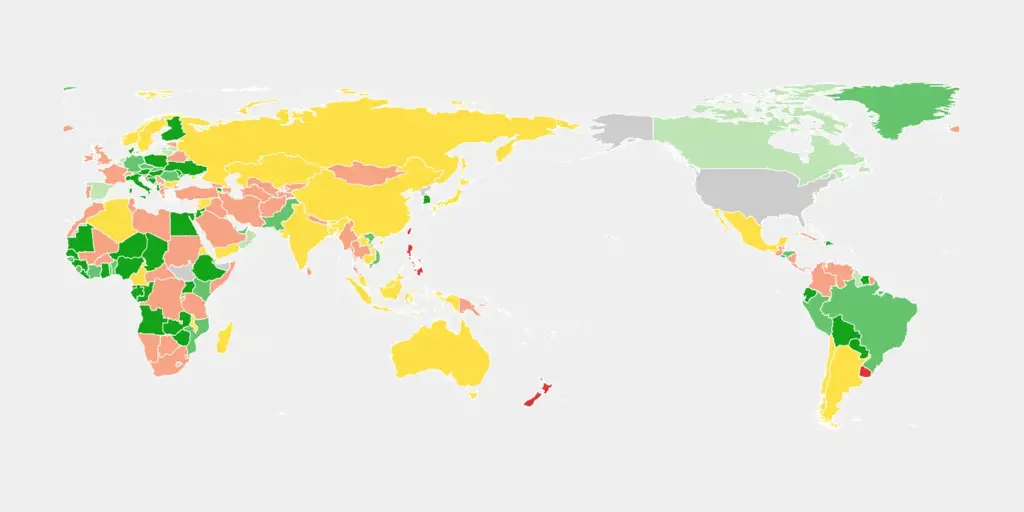
In response to the COVID-19 pandemic, many countries have enacted travel restrictions to help control the spread of the virus. These restrictions may include limitations on who can enter or leave the country, mandatory quarantines, and testing requirements. However, there are certain criteria that can exempt individuals from these travel restrictions. Here are some common criteria that may make a person exempt from travel restrictions:
- Citizenship or residency status: In many cases, citizens and residents of a country are exempt from travel restrictions. This means that if you hold a valid passport or residency permit for a particular country, you may be allowed to enter or leave that country, subject to any additional requirements such as negative COVID-19 test results or mandatory quarantine.
- Diplomatic status: Diplomats and other individuals traveling on official government business are often exempt from travel restrictions. This is because diplomatic travel is considered essential for maintaining international relations and may require immediate attention, regardless of the pandemic situation.
- Essential workers: Some countries may exempt certain categories of essential workers from travel restrictions. These workers may include healthcare professionals, emergency responders, transport and delivery personnel, and those involved in critical infrastructure maintenance. This exemption ensures the continued functioning of essential services during the pandemic.
- Humanitarian reasons: Individuals with urgent humanitarian reasons, such as medical emergencies or family matters, may be exempt from travel restrictions. This exemption is intended to allow people to access necessary medical care or reunite with family members during difficult times.
- Transit passengers: In some cases, individuals who are transiting through a country without leaving the airport may be exempt from travel restrictions. As long as the transit passenger remains within the designated transit area and boards a connecting flight within a specified timeframe, they may be allowed to continue their journey without being subject to the country's entry requirements.
- Reciprocal agreements: Some countries have established reciprocal agreements with specific nations, allowing for exemptions from travel restrictions. These agreements are typically based on factors such as low COVID-19 transmission rates or similar public health measures implemented by both countries. Travelers from countries with reciprocal agreements may be exempt from certain restrictions when entering or leaving the destination country.
It's important to note that the specific criteria for exemption from travel restrictions can vary greatly between countries and may change frequently in response to the evolving pandemic situation. Therefore, it is essential to consult official government sources or contact embassy or consulate services for the most up-to-date information before planning any international travel.
Understanding Belarus Travel Restrictions: What You Need to Know
You may want to see also

Are there specific occupations or professions that are exempt from travel restrictions?
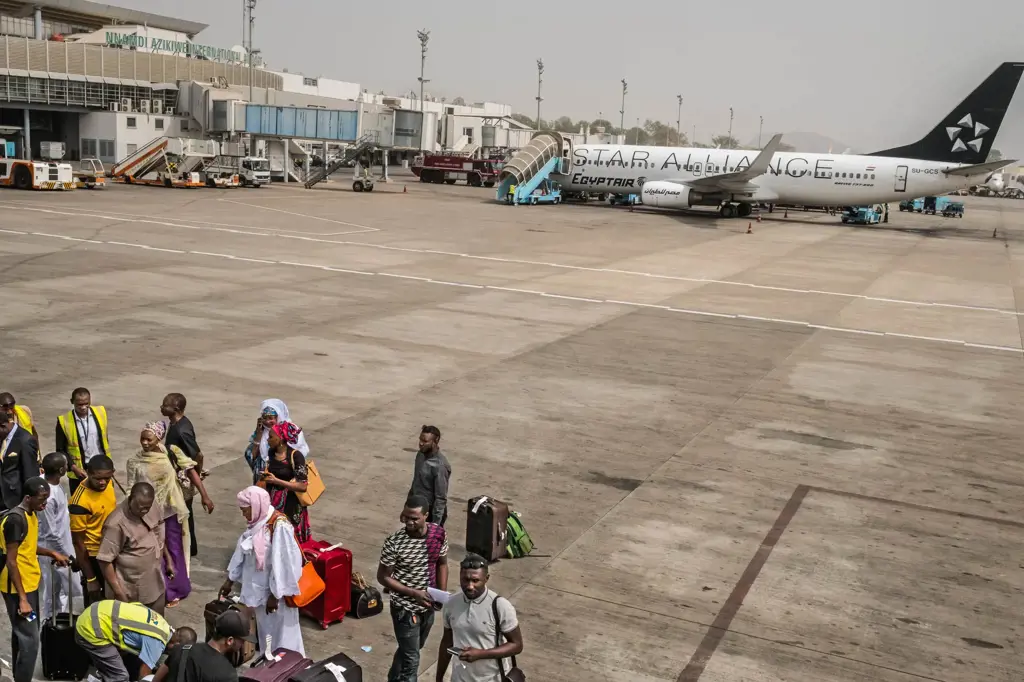
As the world continues to grapple with the COVID-19 pandemic, many countries have implemented travel restrictions to control the spread of the virus. These restrictions often include requirements such as mandatory quarantine periods or bans on non-essential travel. However, there are certain occupations or professions that are exempt from these travel restrictions due to the nature of their work.
Medical professionals, including doctors, nurses, and other healthcare workers, are often exempt from travel restrictions. This exemption is crucial to ensure that healthcare systems can function properly during this global health crisis. Medical professionals may need to travel to help areas that are experiencing a surge in cases or to provide assistance in areas that lack sufficient healthcare resources.
Similarly, emergency responders, such as firefighters, police officers, and paramedics, are also exempt from travel restrictions. Their work is vital in ensuring public safety and responding to emergencies. These individuals may need to travel to areas affected by natural disasters, accidents, or other emergencies to provide immediate assistance and support.
Journalists and media personnel are often exempt from travel restrictions as well. The role of the media is essential in providing accurate and up-to-date information to the public during a crisis. Journalists may need to travel to report on events, gather news, or provide critical updates on the situation to keep the public informed.
In addition to these professions, there may be other occupations or professions that are considered essential and exempt from travel restrictions depending on the country or region. These could include individuals involved in the transportation of essential goods and services, such as truck drivers, pilots, and shipping personnel. Essential workers in the food industry, including farmers, food processors, and grocery store employees, may also be exempt from travel restrictions to ensure a steady supply of food.
It is important to note that the specific exemptions and requirements may vary from country to country or region to region. Travelers who fall into these exempt categories may still be subject to certain protocols such as testing, quarantine, or health screenings upon arrival.
It is crucial for individuals in these exempt professions to follow safety guidelines and protocols to minimize the risk of spreading the virus. This may include wearing personal protective equipment, practicing good hygiene, maintaining physical distancing, and adhering to any local restrictions or guidelines.
In conclusion, certain occupations or professions that are considered essential are often exempt from travel restrictions during the COVID-19 pandemic. This is to ensure that vital services are not disrupted and that necessary support can be provided during this global health crisis. It is essential for individuals in these exempt professions to prioritize safety and adhere to any protocols or guidelines in place to protect themselves and others.
Exploring the Dod Restricted Travel Mexico Map: What You Need to Know
You may want to see also

Are there any countries or regions that are exempt from travel restrictions?
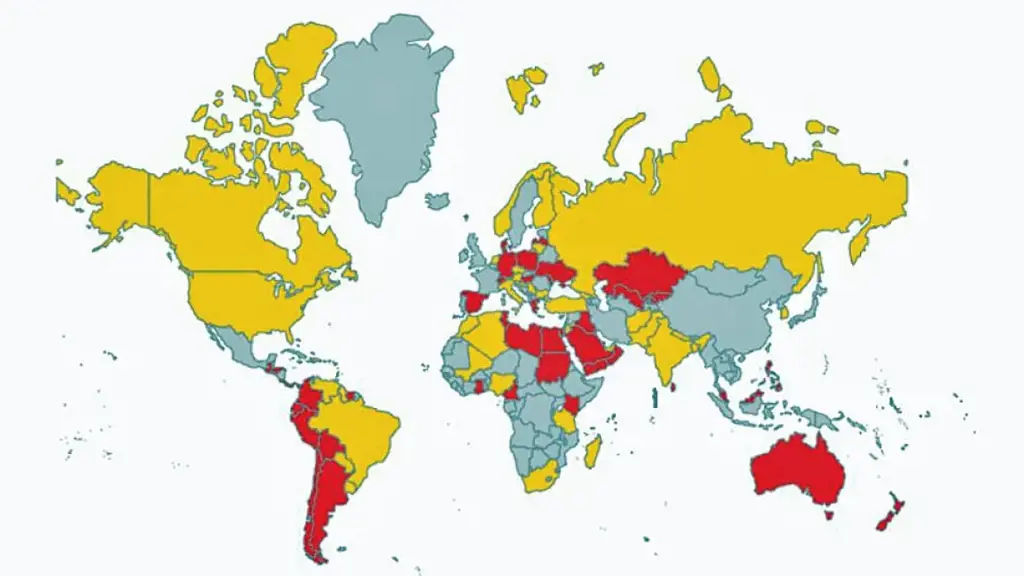
As the world continues to navigate the challenges posed by the ongoing COVID-19 pandemic, many countries have implemented travel restrictions to help mitigate the spread of the virus. These restrictions have led to questions about whether there are any countries or regions that are exempt from such measures.
While each country has its own set of travel restrictions in place, there are a few examples of countries or regions that have been granted exemptions or special considerations. These exemptions are typically based on factors such as the current COVID-19 situation in the country or region, vaccination rates, and reciprocal travel agreements.
One example of a country that has been granted exemptions from travel restrictions is New Zealand. Due to its successful management of the pandemic, New Zealand has been able to establish travel bubbles with certain countries, such as Australia and the Cook Islands. These travel bubbles allow for quarantine-free travel between the countries involved, enabling people to visit or return home without the need for lengthy isolation periods.
Similarly, some regions within countries have also been exempt from travel restrictions. For instance, in the United States, certain states, such as Alaska and Hawaii, have implemented their own travel guidelines in addition to federal restrictions. These guidelines may include requirements for negative COVID-19 tests or quarantine periods for incoming travelers. However, exemptions may be granted for individuals who have been fully vaccinated or meet specific criteria outlined by the local authorities.
It's important to note that the exemptions or special considerations granted to certain countries or regions can change over time as the COVID-19 situation evolves. Therefore, it is crucial for travelers to stay informed about the latest travel advisories and guidelines issued by their respective governments and the countries they plan to visit.
In conclusion, while many countries have implemented travel restrictions in response to the COVID-19 pandemic, there are some cases where exemptions or special considerations have been granted. These exemptions are typically based on factors such as the COVID-19 situation, vaccination rates, and reciprocal travel agreements. However, it is important to stay updated on the latest travel advisories as these exemptions can change over time.
Exploring the Impact of DUI on Canada's Travel Restrictions
You may want to see also

How can someone prove that they are exempt from travel restrictions?
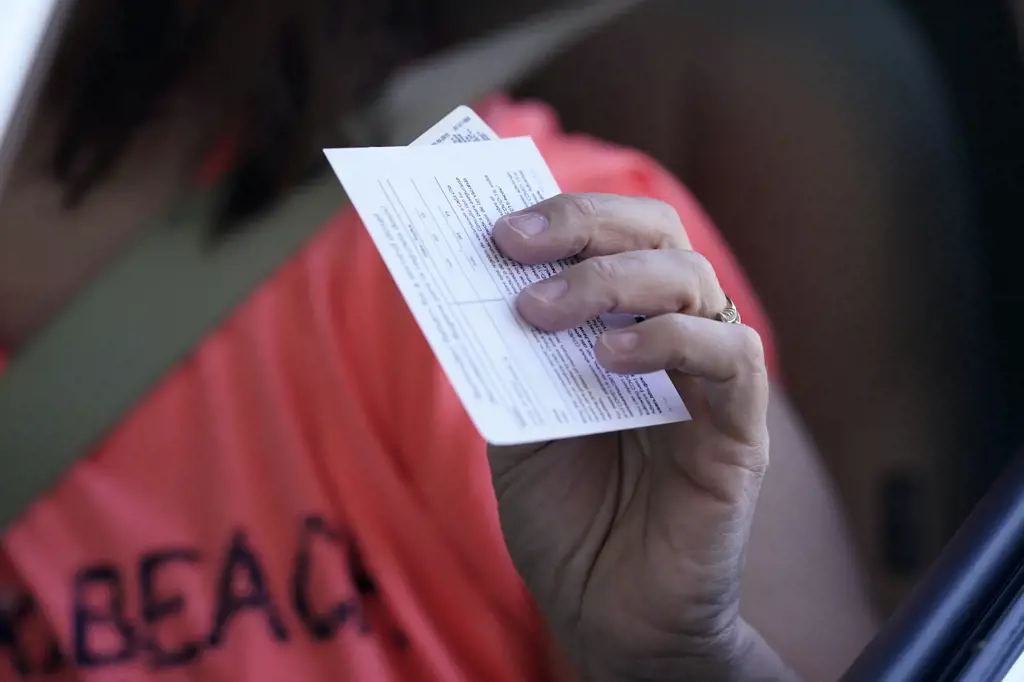
Travel restrictions have become a common measure taken by governments around the world to control the spread of infectious diseases, including the recent COVID-19 pandemic. While these restrictions are necessary for public health, they can pose challenges for individuals who are exempt from the rules due to various reasons. In this article, we will discuss how someone can prove their exemption from travel restrictions.
Medical Exemptions:
Some individuals may be exempt from travel restrictions due to medical reasons. For example, someone may need to travel abroad for urgent medical treatment that is not available in their home country. In such cases, it is important to gather appropriate medical documentation to prove the necessity of travel. This can include a medical certificate from a recognized healthcare professional, along with any relevant medical records or reports.
Essential Workers:
Certain professions are considered essential, even during times of restricted travel. These can include healthcare workers, emergency responders, and essential service providers. If someone falls into one of these categories and needs to travel, they should provide official documentation from their employer to demonstrate their role and the necessity of travel. This might include a letter from their employer, a work ID, or any other official documentation that proves their essential worker status.
Humanitarian or Compassionate Grounds:
Travel restrictions may be waived in cases where there are humanitarian or compassionate grounds. For example, if someone needs to travel to attend a funeral or visit a seriously ill family member, they should gather appropriate documentation such as death certificates or medical reports to support their request for exemption. In such cases, it is advisable to contact the relevant embassy or consulate in advance to understand the specific requirements and provide all necessary documents.
Diplomatic or Official Travel:
Diplomatic and government officials are often exempt from travel restrictions due to the nature of their duties. In these cases, individuals should provide official documentation from their relevant government department or embassy to prove their status and the purpose of their travel. This can include diplomatic passports, official letters, or any other relevant paperwork.
Legal Exemptions:
In some cases, there may be specific legal exemptions from travel restrictions. This could include individuals who are part of a legal process, such as attending court hearings or providing testimony in a legal case. In such cases, it is important to gather all necessary legal documents, such as court summons or letters from attorneys, to prove the necessity of travel.
In conclusion, proving exemption from travel restrictions requires gathering appropriate documentation that supports the individual's case. Whether it is medical, humanitarian, essential worker, or any other valid reason, it is crucial to provide the necessary paperwork as required by the relevant authorities. It is always advisable to contact the embassy or consulate of the destination country in advance to understand the specific requirements and ensure a smooth travel experience.
Oregon Travel Restrictions: What You Need to Know Before Visiting the Beaver State
You may want to see also

Are there any specific circumstances or emergencies that would make someone exempt from travel restrictions?
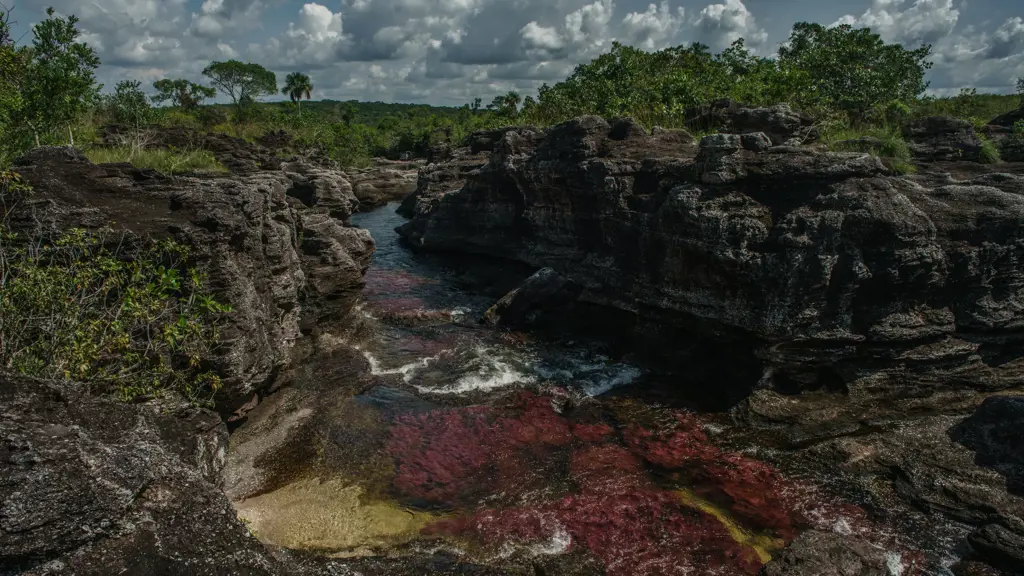
In light of recent events such as the COVID-19 pandemic, travel restrictions have been implemented by various countries around the world to control the spread of the virus and keep their citizens safe. These travel restrictions often include border closures, travel bans, and mandatory quarantine measures. However, there may be some circumstances or emergencies that would make someone exempt from these travel restrictions.
- Medical emergencies: If an individual requires urgent medical attention or treatment that is not available in their home country, they may be exempt from travel restrictions. This could include life-saving surgeries, organ transplants, or specialized medical procedures. In such cases, the individual would need to provide documentation from a medical professional stating the necessity of their travel.
- Humanitarian or relief efforts: During times of crisis or natural disasters, travel restrictions may be waived for individuals or organizations involved in humanitarian or relief efforts. This could include medical professionals, aid workers, or volunteers providing assistance to affected areas. Proper documentation or proof of involvement in these efforts would be required.
- Repatriation: In situations where a country is evacuating its citizens from a foreign country due to political instability, natural disasters, or other emergencies, travel restrictions may be exempted. Governments will often arrange for special flights or transportation to bring their citizens back home safely.
- Diplomatic or government officials: Diplomats or government officials representing their countries may be exempt from travel restrictions as they are performing their official duties. This can include attending international conferences, negotiations, or meetings that are crucial for diplomatic relations or national interests.
- Family emergencies: In the case of a serious illness, death, or other family emergencies, individuals may be exempt from travel restrictions to be with their loved ones. Proper documentation or proof of the emergency would need to be provided to the relevant authorities.
It is important to note that each country may have its own specific criteria and requirements for exempting individuals from travel restrictions. These exemptions are often decided on a case-by-case basis, and individuals must provide sufficient evidence or documentation to support their request for exemption. It is advisable to consult with the appropriate government agencies or embassies for up-to-date information on travel restrictions and any possible exemptions.
While travel restrictions are put in place to protect public health and safety, it is recognized that there may be certain circumstances or emergencies that warrant exemption. However, it is essential to adhere to the guidelines and regulations set by authorities to ensure the well-being of individuals and communities as a whole.
Exploring the Travel Restrictions in Nicaragua: What to Know Before You Go
You may want to see also
Frequently asked questions
There are several categories of individuals who may be exempt from travel restrictions, including citizens and permanent residents of the destination country, essential workers such as healthcare professionals or emergency workers, individuals traveling for compassionate reasons such as attending a funeral or visiting a sick relative, and individuals with special permits or visas.
The specific requirements for proving exemption will vary depending on the destination country and the reason for travel. In most cases, individuals will need to provide documentation such as proof of citizenship or permanent residency, employment letters or work permits for essential workers, and supporting documentation for compassionate travel such as a death certificate or letter from a doctor.
Yes, if you are exempt from travel restrictions, you should still be able to travel. However, it is important to check the specific travel requirements and guidelines set by the destination country. This may include things like COVID-19 testing and quarantine requirements upon arrival.
Some countries may have a process for individuals to apply for exemptions if they do not fall into the predefined categories. It is best to check with the appropriate authorities or embassy of the destination country for more information on the application process and eligibility requirements.
If you believe you are exempt from travel restrictions but are still being denied entry, it is important to seek clarification from the appropriate authorities or embassy of the destination country. They may be able to provide guidance or assistance in resolving the issue.





